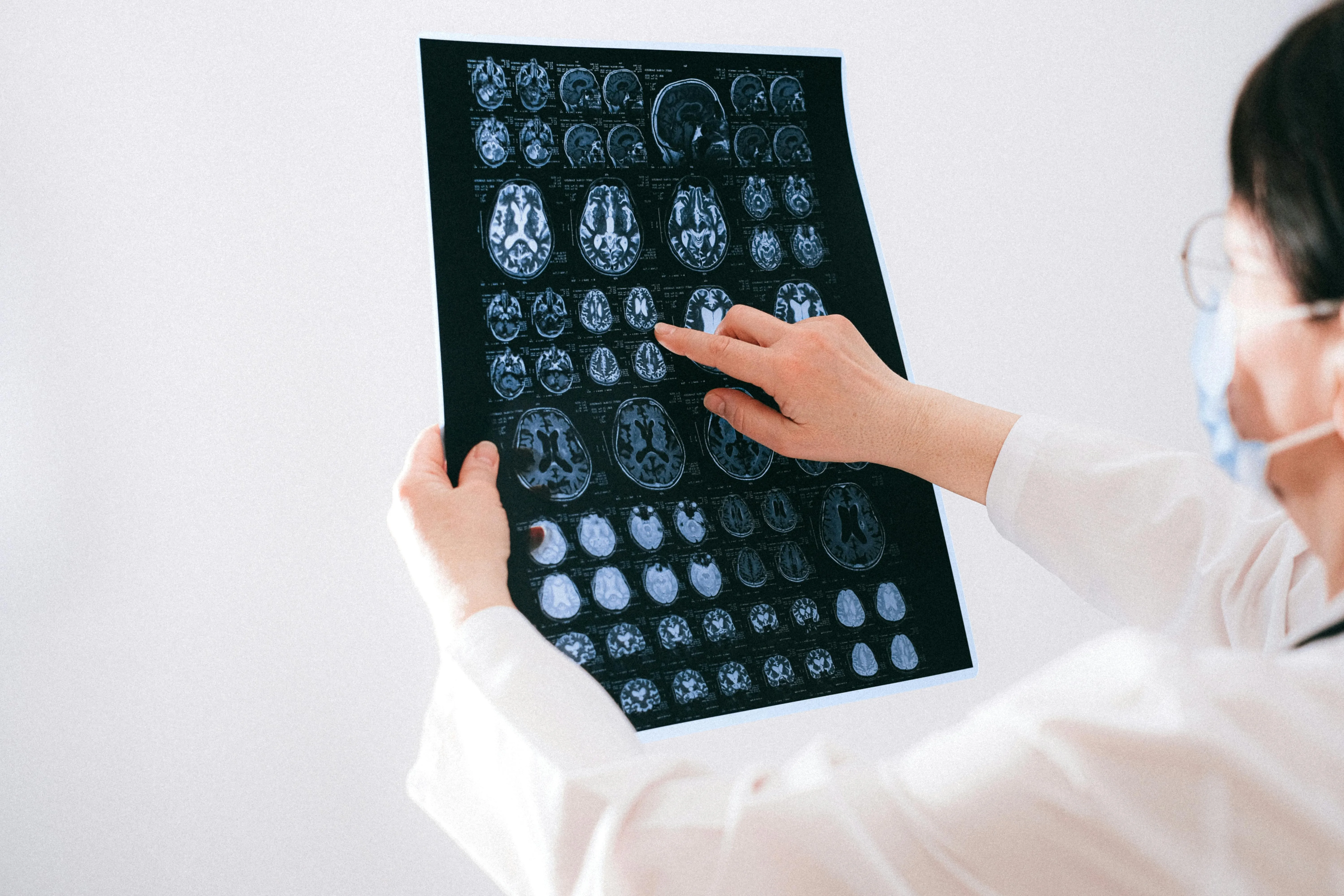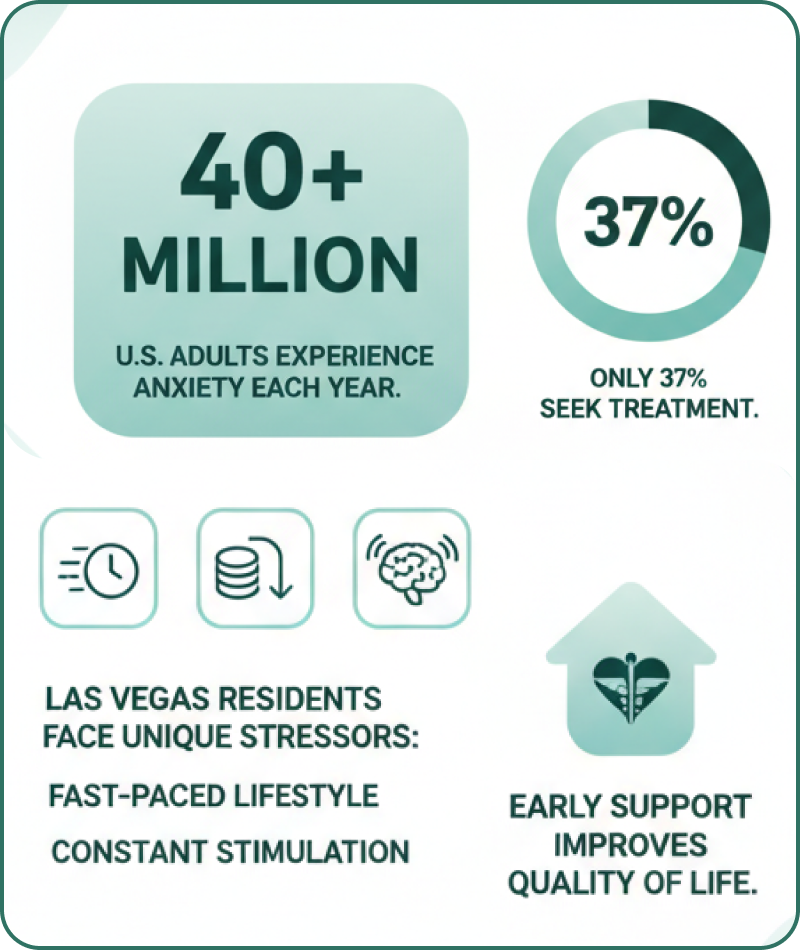Attention Deficit Disorder (ADD), often intertwined with Attention Deficit Hyperactivity Disorder (ADHD), is a mental disorder characterized by patterns of inattention or impulsive behavior, impacting individuals across different age groups. Understanding and treating ADD requires a comprehensive approach tailored to individual needs.
.webp)
What is Attention Deficit Disorder (ADD)?
ADD, a subset of ADHD, is a mental disorder marked by an ongoing pattern of inattention and/or hyperactivity-impulsivity that interferes with functioning or development. While ADHD includes the component of hyperactivity, ADD is more related to difficulties with maintaining attention.

ADD Symptoms
The core symptoms of ADHD include inattention, hyperactivity, and impulsivity. These symptoms often lead to challenges in daily life, affecting school performance, work activities, interpersonal relationships, and a decreased appetite. Adults with ADHD may experience difficulties in organizing tasks, following instructions, and sustaining attention in conversations.

ADD Diagnosis
Diagnosing ADHD and ADD involves a thorough evaluation by a mental health professional. The process often includes an assessment of symptoms, medical history, and may involve input from family members or teachers. ADHD diagnosis requires a comprehensive evaluation, as symptoms can overlap with other mental health conditions like anxiety disorders.
ADD in Adults
Adults with ADHD often face unique challenges, including managing work responsibilities and maintaining relationships. Symptoms might manifest differently in adults, often confused with stress or emotional issues. Treatment for adults with ADHD usually involves a combination of medication, therapy, and lifestyle changes.
ADD in Kids
In children, ADHD is one of the most common mental disorders. Symptoms often include difficulty paying attention, controlling impulsive behaviors, or being overly active. Early intervention and a blend of treatments can significantly improve outcomes for children with ADHD.

ADD Treatment
ADHD treatment and ADD treatment often have a similar approach. Treating ADHD involves a multi-facetedapproach, encompassing medication, behavioral interventions, and family support. The choice of treatment depends on the individual's age, the severity of symptoms, and personal preferences.
Medication
ADD medication and ADHD medication, primarily stimulant medications, are often the first line of treatment. These medications are known to improve attention and focus while reducing hyperactive and impulsive behavior. Non-stimulant ADHD medications are also available and may be used in cases where stimulants are ineffective or cause significant side effects.
Other Mental Health Services for ADD
Therapy: Various types of therapy, including cognitive-behavioral therapy (CBT), can be effective in managing ADHD symptoms. Therapy often focuses on changing negative thought patterns and improving organizational skills, time management, and social interactions.
Family Therapy: Family members play a crucial role in the treatment of ADHD. Family therapy can help in understanding the disorder, developing strategies to cope with symptoms, and improving family dynamics.
Management of Co-occurring Disorders: Many individuals with ADHD may also have co-occurring mental disorders, such as an anxiety disorder, anxiety disorders, or substance abuse. Treating these conditions in conjunction with ADHD is crucial for overall well-being.

ADD Statistics in Las Vegas
Attention Deficit Disorder (ADD), now commonly referred to as Attention-Deficit/Hyperactivity Disorder (ADHD) in medical terminology, affects millions of individuals across the United States, including a significant portion of the Las Vegas population. In 2023, an estimated 8.7% of children aged 3-17 and 4.4% of adults in the U.S. were diagnosed with ADHD, with urban areas like Las Vegas reporting higher rates due to increased awareness and diagnostic capabilities. Symptoms such as difficulty focusing, impulsivity, forgetfulness, and restlessness can impact academic, professional, and personal success, making proper diagnosis and treatment essential for improving quality of life.
For residents of Las Vegas, access to specialized care for ADD/ADHD has improved in recent years with the expansion of telehealth services and local mental health clinics. However, many individuals remain undiagnosed or struggle with the stigma associated with seeking help. Effective treatments, including behavioral therapy, coaching, and medication management, can help manage symptoms and enhance daily functioning. By increasing community education and resources, Las Vegas can better support individuals living with ADD/ADHD and their families, fostering a more inclusive and understanding environment.\

ADD Treatment Near Las Vegas
Near the vibrant city of Las Vegas, addressing Attention Deficit Disorder (ADD) effectively is key to navigating daily challenges with focus and clarity. The Halo Health Clinic, located within easy reach of Las Vegas, stands as a pivotal resource for those seeking ADD treatment. With a patient-centered approach, the clinic specializes in innovative and tailored strategies to manage ADD symptoms. Their team of experienced professionals uses a combination of behavioral therapy, medication management, and personalized support plans to enhance concentration and improve overall quality of life. For individuals and families in the Las Vegas area, The Halo Health Clinic is a trusted partner in the journey towards managing and thriving with ADD. If you or anyone you know is struggling with ADD in Las Vegas, contact Halo Health Clinic Today! (702) 718-7353.

Conclusion
Effective treatment of ADHD and ADD requires a personalized approach, considering the unique needs and circumstances of each individual. Collaboration between the person with ADHD, family members, and mental health professionals is vital in creating an effective treatment plan. By addressing the core symptoms of ADHD, as well as any co-occurring mental health conditions, individuals with ADHD can lead fulfilling lives.
Remember, this article is not a substitute for professional medical advice. If you or someone you know is struggling with symptoms of ADHD, consult a mental health professional for a proper ADD or ADHD diagnosis and treatment plan.


.avif)
.svg)
.svg)
.svg)
.svg)
.avif)
.svg)
.svg)
.svg)
.svg)
.svg)
.svg)
.avif)

.svg)
